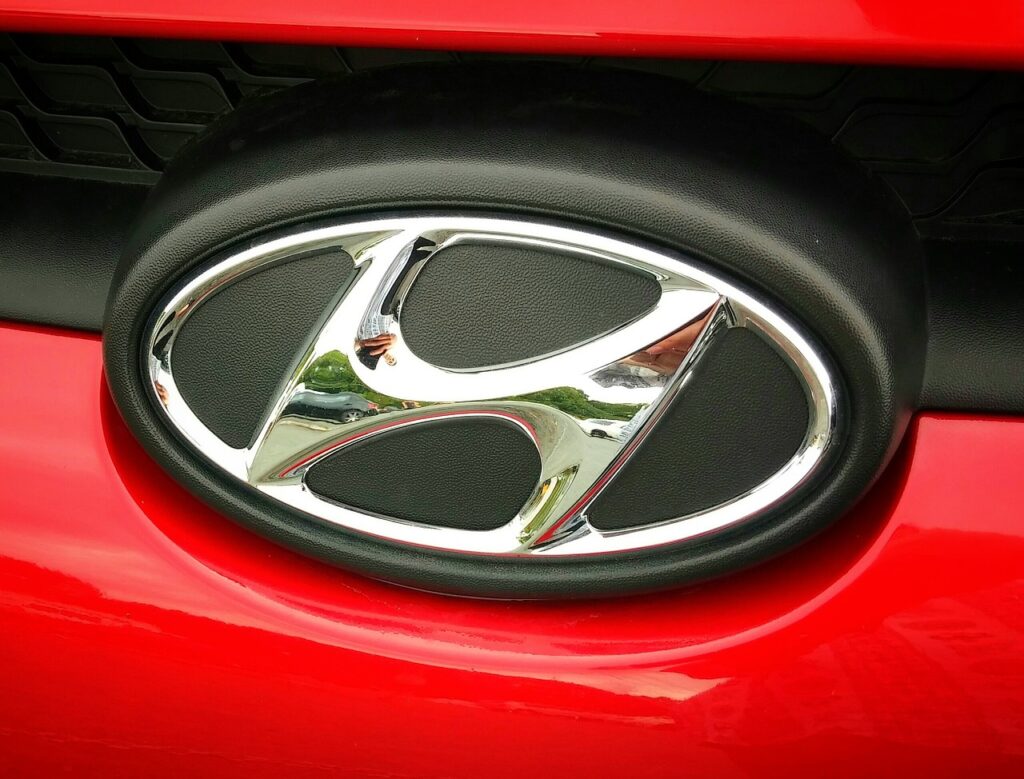Hyundai Motor Company has entered into a memorandum of understanding (MOU) with key stakeholders, including the Ministry of Environment, Korea Water Resources Corporation, Global Green Growth Institute (GGGI), and SK E&S.
The agreement, inked at the 28th Conference of the Parties to the United Nations Framework Convention on Climate Change (COP28) in Dubai, aims to expand the global hydrogen mobility ecosystem and share insights into Korea’s leading hydrogen ecosystem initiatives.
COP28, an annual meeting facilitating discussions on the implementation of climate change agreements, provided the backdrop for this pivotal collaboration. Hyundai Motor Company, known for its commitment to hydrogen-powered solutions, joins forces with governmental bodies and organizations to accelerate the growth of the global hydrogen ecosystem and proactively address climate change challenges.
The primary objective of the agreement is to share best practices and cases of ongoing hydrogen ecosystem construction in Korea with the international community. Hyundai Motor Company, the Ministry of Environment, Korea Water Resources Corporation, and SK E&S will support research on each provided case, while the Global Green Growth Institute (GGGI) will publish an evaluation report. This collaborative effort ensures that successful cases can be disseminated globally, promoting the adoption of sustainable hydrogen initiatives.
A standout feature of this agreement is Hyundai Motor Company’s introduction of the ‘Waste-to-Hydrogen’ project, a resource-cycling hydrogen production model. This innovative approach involves purifying methane extracted from waste, including food waste, sewage sludge, and livestock waste, to produce biogas. Subsequently, the biogas is transformed into hydrogen energy, forming a closed-loop and eco-friendly hydrogen production process.
The ‘Waste-to-Hydrogen’ model holds promise for countries with limited hydrogen production resources, offering regional production capabilities using readily available waste. This approach reduces costs associated with hydrogen production, transportation, and storage, enhancing the self-sufficiency of hydrogen resources.
Hyundai Motor Company anticipates that this collaboration will expedite the realization of a global hydrogen society by showcasing the benefits of the resource-cycling hydrogen production model and expanding its reach across international markets.
The Ministry of Environment, Korea Water Resources Corporation, and SK E&S will contribute to the initiative by providing examples of hydrogen vehicle distribution, charging station ecosystem construction, small hydro power generation for hydrogen production, and liquefied hydrogen production and use. These instances will be compiled into reports by international organizations, contributing to the widespread adoption of sustainable hydrogen business models.
At the core of this effort is Hyundai Motor Company’s commitment to the circular economy within the global hydrogen society. The ‘Waste-to-Hydrogen’ model, already commercialized in Korea, is expected to play a pivotal role in advancing eco-friendly hydrogen production methods and expanding the Waste-to-Hydrogen business to overseas markets.
As the automotive giant unveiled its ‘Hydrogen Business Toolbox’ during the ‘2023 CEO Investor Day,’ the collaboration marks a pivotal moment in Hyundai’s journey towards carbon neutrality and a robust hydrogen ecosystem. The synergy between various entities within the Hyundai Motor Group aims to position Hyundai as a catalyst for sustainable mobility and environmental stewardship on a global scale.





